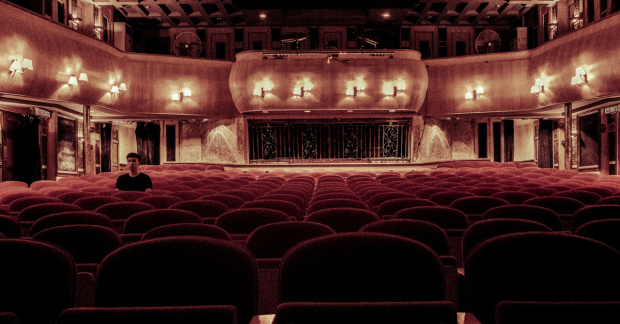Government unveils three-tier lockdown system for England – what does it mean for theatres?

The government has unveiled a three-tier system in a bid to control the pandemic through more cogent rules. The measures are being introduced to help prevent transmission of the virus, and allow people to know what is and isn't possible in their area. Yesterday Prime Minister Boris Johnson said: "I do not want to stop people enjoying themselves, but we must act to save lives".
London has moved into tier two – here's what that means.
What are the rules?
The government has introduced a "three-tier" system, whereby different areas of the country will be placed into one of three categories – "medium", "high" and "very high" alert levels.
In tier one, covering "most of the country" according to Johnson, the rule of six and social distancing will apply, but no further measures will be introduced at this time.
In tier two, all mixing between households and support bubbles is prevented in indoor settings (such as pubs and restaurants) but permitted outdoors, as long as groups conform to the rule of six.
In tier three, as a baseline, people should not mix at all outside of their own household. Pubs and bars will be closed unless they are able to operate as a restaurant. People will be advised not to travel in or out of these regions.
Local leaders will be able to decide whether or not there are further restrictions associated with the hospitality, entertainment or the leisure sectors. As such, there is no uniform rule regarding hospitality lockdowns across the England for tier three.
As Johnson puts it: "We will work with local government leaders on the additional measures which should be taken. This could lead to further restrictions on the hospitality, leisure, entertainment or personal care sectors. But retail, schools and universities will remain open."
The Chancellor has also unveiled a financial support package to support salaries in areas where lockdown rules force businesses to close.
How are theatres affected?
Theatres in areas in the system's tiers one and two (labelled "medium" and "high" risk) will be able to continue as before, with social distancing measures in place to mitigate risks and audiences keeping masks on to prevent the spread of the virus. Areas such as Bristol or Bath are all deemed "medium", while London, Manchester or Leeds are deemed "high". The Liverpool area has been placed in the highest tier three.
In tier three, while bars and pubs will be forced to close (unless they can operate as a restaurant), local authorities will be able to decide whether or not hospitality, entertainment or leisure venues are able to open and welcome socially distanced audiences.
In Liverpool, Johnson said that "gyms and leisure centres, betting shops, adult gaming centres and casinos" will close, though at this stage, venues like the Unity Theatre are set to operate as they would have done under existing Covid guidance. There may certainly be the possibility of venues closing in the future.
What happens next?
MPs will have to vote on the new system today, with policies set to be put in place from Wednesday.
These restrictions are expected to last for four weeks at a time, depending on how high the spread of the virus is.










